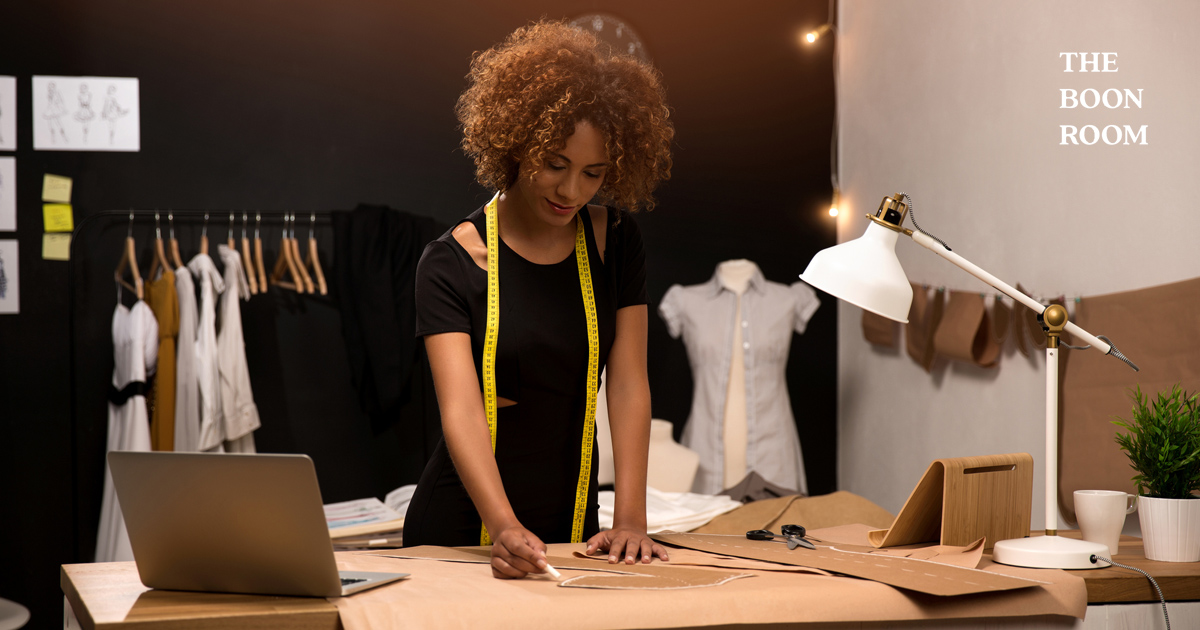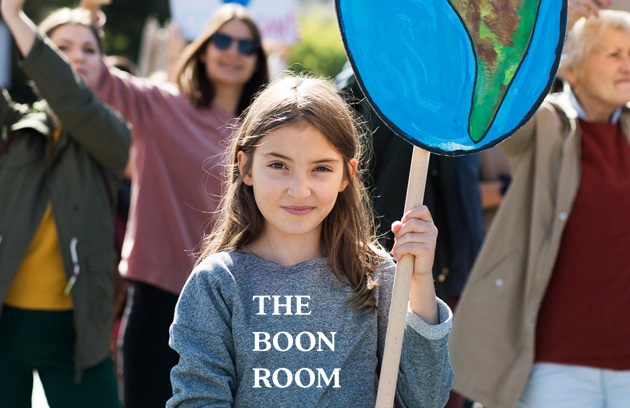The world of fashion is rapidly changing and in much more significant ways than what colors and styles are in this year. For decades, the overwhelming majority of clothing, accessories, and household textiles produced around the world followed a fast fashion model, in which new styles constantly arrive at low price points, convincing consumers to regularly throw out and purchase new items. Unfortunately, these low prices often result from underpaid workers operating under inhumane working conditions and low-quality, synthetic fabrics filled with harmful materials.
 Research shows that clothing and footwear production is responsible for 10% of greenhouse gas emissions across the globe, and washing even a single load of polyester clothing can release 700,000 microplastics into the environment. These textiles are rarely recycled, and 26 billion pounds of textiles end up in landfills each year. With the effects of climate change becoming more apparent every year, many people are learning about the environmental impact of their purchasing decisions and demanding better alternatives. The trend has shifted away from fast fashion, and consumers and clothing brands alike are turning to sustainability to meet the needs of environmentally conscious consumers.
Research shows that clothing and footwear production is responsible for 10% of greenhouse gas emissions across the globe, and washing even a single load of polyester clothing can release 700,000 microplastics into the environment. These textiles are rarely recycled, and 26 billion pounds of textiles end up in landfills each year. With the effects of climate change becoming more apparent every year, many people are learning about the environmental impact of their purchasing decisions and demanding better alternatives. The trend has shifted away from fast fashion, and consumers and clothing brands alike are turning to sustainability to meet the needs of environmentally conscious consumers.
It’s key for any business to recognize that today’s consumers want more than just quality and durability when they shop for clothing. They are looking for brands that align with their values and spend more time than ever before analyzing how and where their clothes are made, the materials used to produce them, and the reputation of the companies selling them. The social and environmental values that a business holds are now crucial for attracting and retaining consumers. These consumers expect transparency and authenticity from brands in how they manufacture their products. If you want to ensure your business is prepared for these changes, it is important to consider what the move to sustainable consumption means for your business.
Sustainability Sells: The Impact of Consumer Awareness on Purchasing Decisions
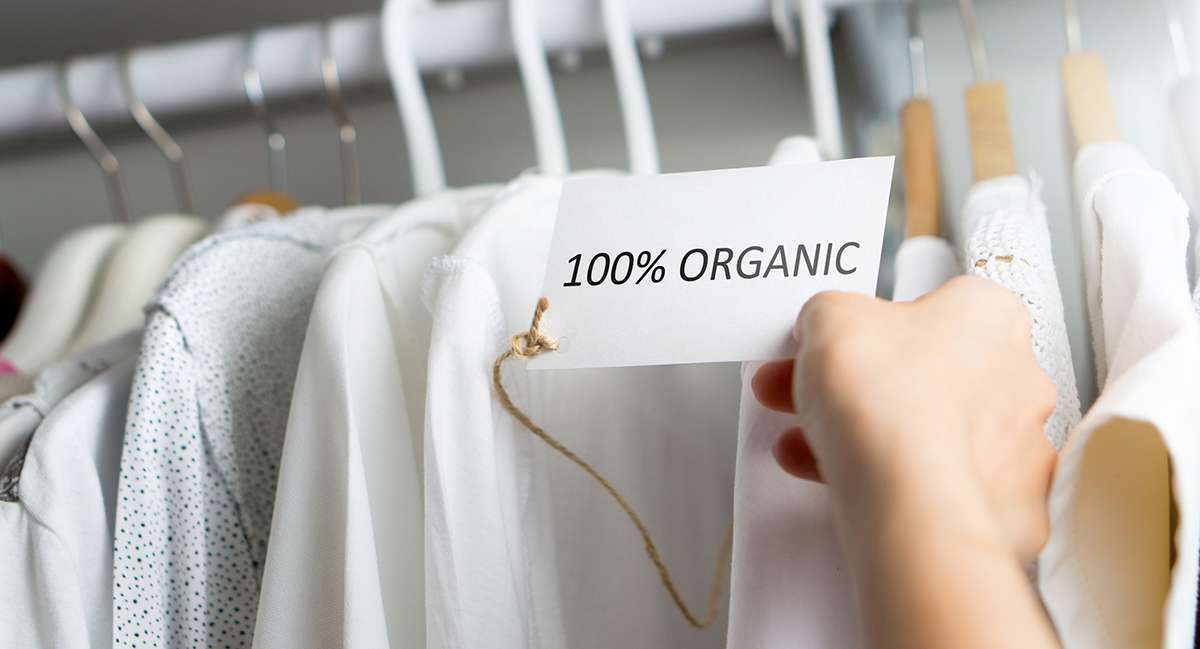
Climate change is a scientific fact accepted by most of the world’s experts. While value and ease of purchase still affect where consumers shop, sustainability is quickly growing as a major contributing factor in purchasing decisions. Consumers connect with brands that offer sustainable options. Research suggests they are willing to pay more for products from a sustainable brand over a non-sustainable competitor. Covid-19 has also played a role in consumers deciding to make more sustainable shopping selections, with 60% of consumers reporting that they have made more sustainable and ethical purchasing decisions since the pandemic began. People are choosing to shop locally from small businesses, cutting product supply chains and reducing the greenhouse gases needed to transport these goods.
How Can Fashion Consumers Be More Sustainable?
Although consumers are increasingly focusing on sustainability, this doesn’t mean that they expect a complete overhaul of the fashion industry overnight. Consumers, like businesses, follow trends and socially guided suggestions, but they tend to approach sustainability in small ways. Even if a shopper doesn’t make sustainability a personal priority, the idea of purchasing an item or product to do good is attractive, and not only for the reasons they claim.
In fact, many purchases are driven by the concept of social signaling – we buy certain things because of what they say about us. We don’t always do this intentionally, but we do buy products to create an image of what we want the world to see and assume of us. Even if sustainability is not the true motivation, many people will opt to purchase something because of the signals it sends.
This might be disappointing, but it is helpful to understand why consumers make the decisions that they do. Some may turn to sustainability to show others that they are doing their part in preserving the environment, but many people truly do believe in the message and practice of sustainability.
Consumers will continue to move towards being more sustainable by making ethical purchases in box-store aisles rather than choosing the cheapest option, actively seeking sustainability brands online, and no longer giving their business to company values that do not align with their own. Regardless of why the consumer moves towards sustainability, you don’t want your business or brand being left behind.
What Does Sustainability Mean for My Business?
Sustainability concerns and trends show no sign of slowing down. To stay competitive in the modern market, especially in the field of fashion, we must be willing to adapt to consumer trends and changes. Working with eco-conscious businesses and promoting environmentally friendly products can set your business apart from competitors. Moving to sustainability changes the way you are seen, both with the products you provide as well as your corporate social responsibility (CRS).
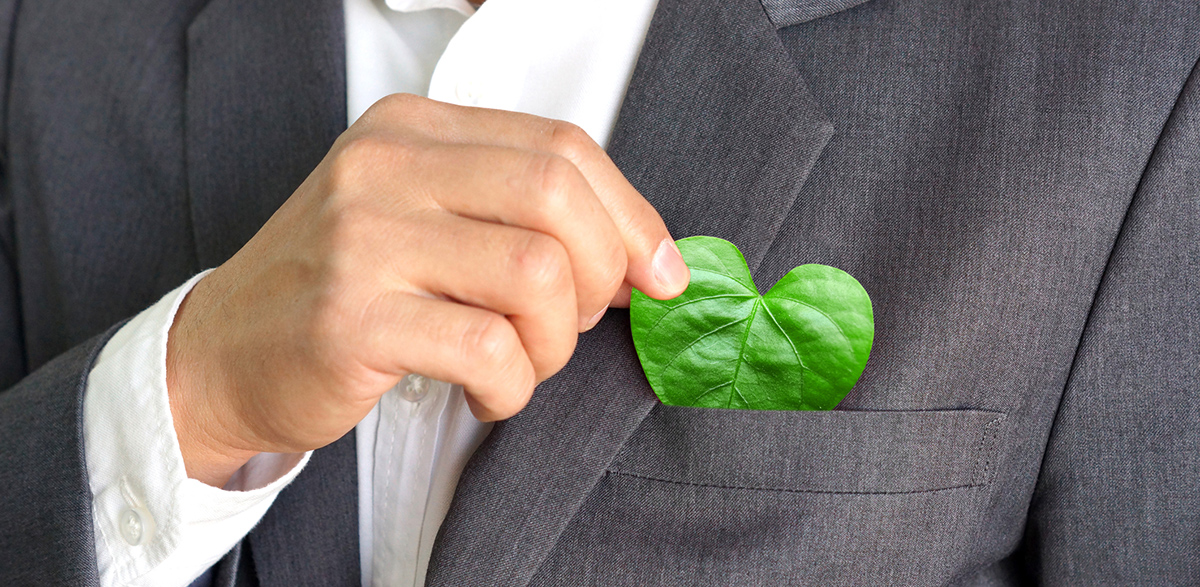
Your CRS represents how your business conducts itself in economic, social, and environmental activities. This metric has a significant impact on your brand’s credibility and whether consumers trust you to live up to their expectations. One of the top misconceptions about becoming more sustainable in your business is that these changes will be too expensive. However, providing sustainable and eco-friendly products doesn’t have to drastically raise your costs.
Responsible manufacturing and better materials could lead to marginally higher costs, but this often balances out for companies who are smart about their approach. When your business takes steps to be more sustainable, in time, you will use less material and produce less waste, saving money. As your brand continues appealing to environmentally conscious consumers, your reach will grow, your reputation will improve, and you will see greater sales that far outweigh the initial investment in sustainable practices.
Sustainability matters not only to consumers but to workers as well. More workers are actively seeking employment with companies whose values align with their own. They want to know that the products they are creating won’t cause avoidable damage to the environment and are far more inclined to be selective in the companies they work for. Everyone wants to take pride in what they do, and environmentally conscious workers want to work for a company that truly cares about what they manufacture, how it gets from production to the consumer, and the impact of these processes on the environment.
Making the Shift to Sustainable Practices
Just like a consumer won’t shift to sustainability overnight in all practices, your business is not expected to do this, either. Even seemingly minor changes add up and make a difference in attracting customers. Start with focusing on sustainable materials, then consider your operations and the environmental impact of your business.

This is often the step that needs the most work since manufacturing produces the most pollution in the fashion industry. The more transparency you can offer about how your products are made, the more you will find consumers turning to your brand as opposed to non-sustainable competitors. Many businesses offer a quarterly sustainability report on their website so that current and prospective consumers can see evidence of their commitment to sustainability.
When you truly strive to make your business more sustainable, people will notice, even if the initial steps are small. By embracing sustainability, you also open your brand up to potential partnerships with non-profit organizations that are also dedicated to environmental change. These partnerships can add credibility to the improvements you are making. Consumers will recognize that these non-profit organizations are showing support, which signals the genuine changes you’re making and helps them to trust that you will continue moving toward more sustainable practices as your company grows.
Successful Brands Focused on Sustainability
This trend towards sustainability isn’t necessarily new, and many other brands and businesses have already started moving towards offering more sustainability options, including:
- Naadam – This brand works directly with Mongolian goat herders to produce affordable, sustainable cashmere, allowing them to pay workers fair wages and still provide high-quality products. They use only renewable and recycled sources, provide a carefully monitored area for grazing to prevent grasslands desertification, and ensure the animals have proper veterinary care. Naadam also gives back to the local community through an NGO that provides clean water, supports the economy, and helps secure the financial stability of nomadic herders while preserving their culture.
- Grove – A convenient delivery service that sells everything you need for your household, Grove continues to be a leading name in sustainability. They offer cleaning products and personal care products that are certified 100% cruelty-free by Leaping Bunny and have recently committed to turning plastic-free within a few short years. Grove is focused on providing affordable options for sustainability-minded consumers, and many of their brands are even cheaper than what you can find in stores. They also mandate order minimums to prevent consumers from purchasing only one item at a time, reducing packaging waste and cutting down on greenhouse gas emissions.
- Target – It isn’t just direct-to-consumer brands or smaller businesses looking to make a larger transition to sustainability. Big box retailers are also adding more sustainable products to their aisles. Target has recently announced a new sustainability strategy called Target Forward, in which they aim to develop environmentally-friendly brands, use sustainably sourced or recyclable materials, and create products that are durable, easy to repair, or recyclable to eliminate excess waste. As part of this initiative, the company has secured contracts for wind and solar power to run 50% of their electricity, and by 2040, they hope to be a net-zero enterprise, meaning zero emissions and zero waste in landfills.
These companies and brands are just a small example of the large number of businesses that are on a journey of sustainability. Some have been making this move for years. Others are just getting started. These changes are already showing positive reinforcement through consumers and workers alike, and all signs indicate that sustainability will continue to be one of the leading factors in purchasing decisions.
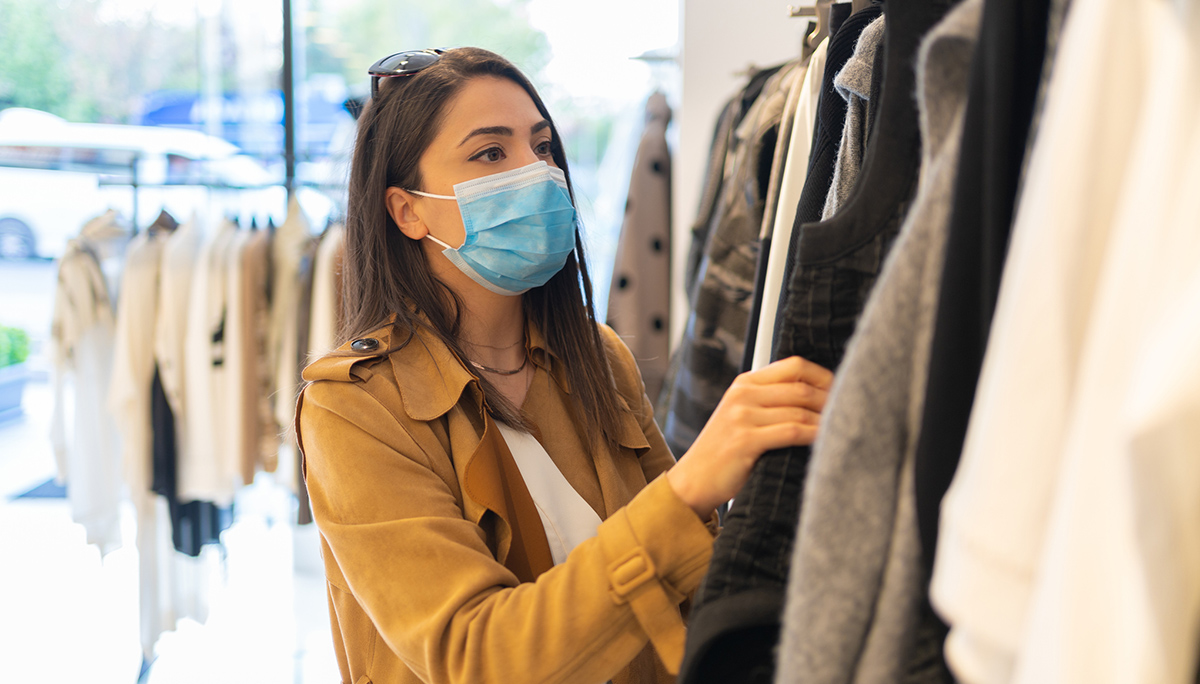
Sustainability Sells
Consumers want brands that value sustainability and products that are manufactured with social and environmental impacts in mind. Investing in a sustainable business model doesn’t have to be difficult, and it doesn’t have to be overnight. The misconception that your business will lose money by turning sustainable is repeatedly being proved false as more brands and companies make the switch. Consumers are dedicated to sustainability and will seek out businesses that share their values. Your business can only benefit from turning to more sustainable practices, materials, and manufacturing processes.
Jenny Weatherall is the co-owner and CEO of Eminent SEO, a design and marketing agency founded in 2009. She has worked in the industry since 2005, when she fell in love with digital marketing… and her now husband and partner, Chris. Together they have 6 children and 3 granddaughters.
Jenny has a passion for learning and sharing what she learns. She has researched, written and published hundreds of articles on a wide variety of topics, including: SEO, design, marketing, ethics, business management, sustainability, inclusion, behavioral health, wellness and work-life balance.
